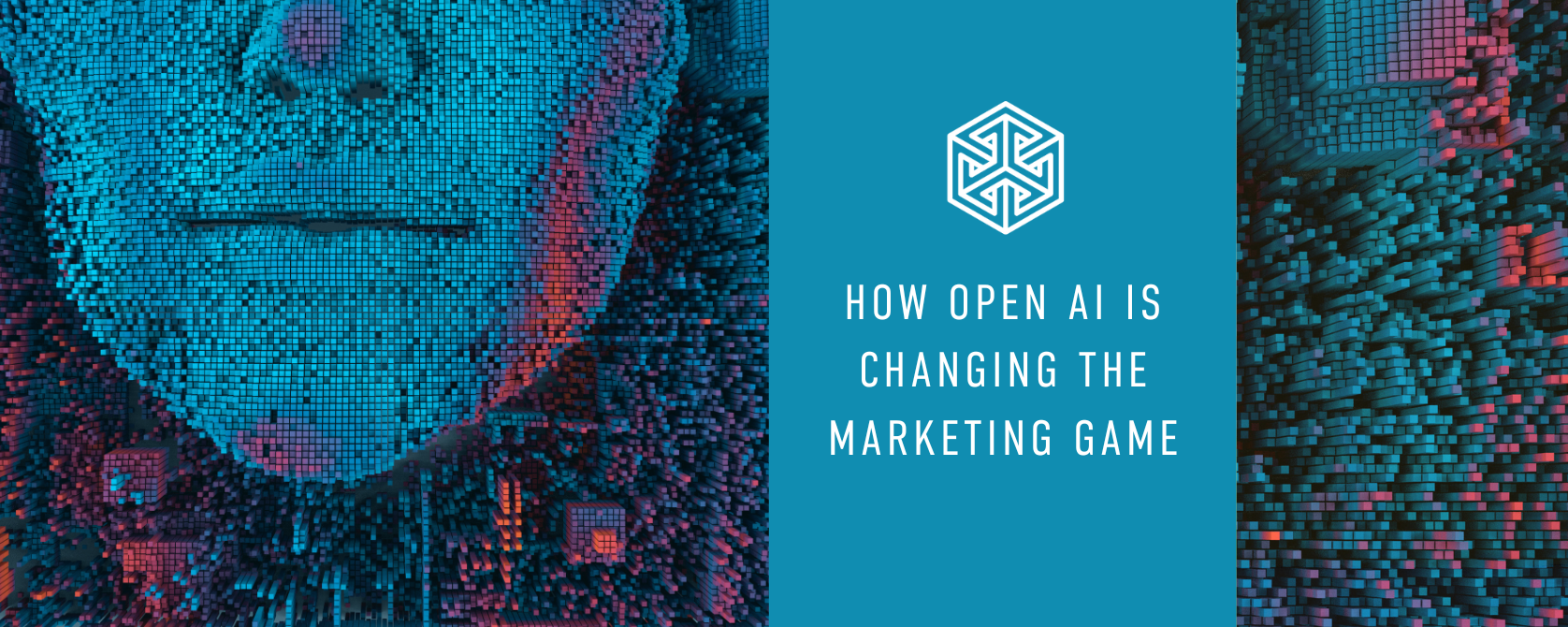OpenAI Targets $1 Billion in Ad Revenue from Free Users by 2026

OpenAI is actively moving to integrate advertising into its popular ChatGPT platform, projecting to generate $1 billion in new revenue from free user monetization by 2026. This strategic shift aims to address the company's substantial operational costs and leverage its massive user base, which includes over 700 million free users compared to only 20 million paid subscribers. The initiative has, however, sparked discussions among users regarding the potential impact on AI objectivity and trust.
A social media user, Chubby♨️, voiced concerns, stating: > "Once ads are integrated into an LLM, there is always the lingering doubt as to whether every future statement made by an LLM has been somehow bought with a biased agenda." This sentiment reflects a broader apprehension about the blurring lines between unbiased information and sponsored content within AI interactions.
OpenAI's financial realities underscore the push for new revenue streams, with the company reportedly generating $12.7 billion in revenue this year but still spending more than it earns. The company recorded a $7.8 billion operating loss in the first half of 2025, highlighting the need for sustainable monetization beyond its subscription model. To spearhead this effort, OpenAI has appointed Fidji Simo, a former Meta and Instacart executive known for her monetization expertise, as CEO of Applications, and she is actively seeking a senior leader to oversee the advertising strategy.
OpenAI CEO Sam Altman has notably shifted his stance on advertising, moving from previously calling ads a "last resort" and "uniquely unsettling" with AI, to acknowledging their potential. He now suggests that "maybe ads don't always suck" and has expressed openness to less intrusive models, such as affiliate fees or transaction-based monetization. This evolution aligns with the company's need to justify its significant investments and maintain growth.
The company is exploring innovative monetization models, including "agentic purchasing" where ChatGPT could facilitate transactions and earn referral fees. The recently introduced GPT-5 router is seen as foundational for this, enabling the AI to understand commercial intent in user queries and route them to appropriate, monetizable interactions. This approach aims to provide a more integrated and helpful user experience while generating revenue.
Despite the financial imperative, maintaining user trust remains a critical challenge. The integration of ads, particularly personalized ones leveraging ChatGPT's memory feature, raises privacy concerns and questions about the AI's impartiality. Industry observers and users alike are keen to see how OpenAI will balance commercial success with its commitment to delivering unbiased and trustworthy AI interactions.
OpenAI anticipates significant financial gains from this advertising pivot, with projections reaching $25 billion in revenue from free user monetization by 2029. This aggressive strategy positions OpenAI to compete more directly with tech giants in the advertising space, potentially reshaping the digital advertising landscape and setting new standards for AI monetization.